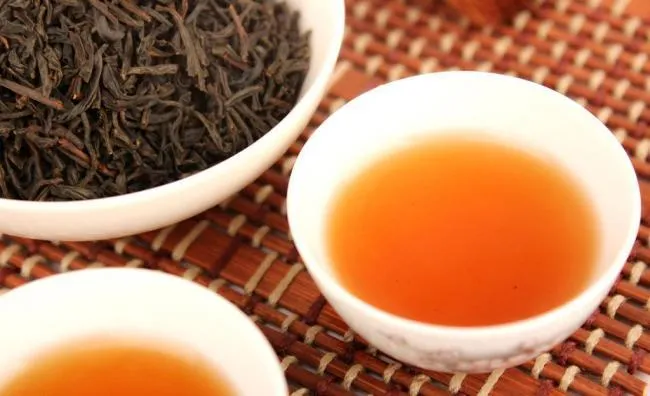茶文化英文ppt
Tea culture is an essential part of Chinese history, philosophy, and art. It has been an important part of Chinese society for thousands of years and has played a significant role in the development of Chinese culture and philosophy. tea, which is typically made from the leaves of the tea plant, has a long history in China, with a variety of different types and styles of tea being grown and consumed. In this presentation, we will explore the history and significance of tea culture in China, as well as its impact on Chinese society and philosophy.
The History of TeaTea has a long history in China, with records dating back to over 5,000 years ago. The tea plant was first grown in the mountains of Yunnan in the southwestern part of China, where the climate is suitable for tea production. Over time, the tea plant spread throughout the country and became an important part of Chinese agriculture. The tea that was grown in Yunnan was originally a type of high-quality tea that was reserved for the emperors and other members of the royal family. However, as the quality of tea became better and more widespread, it became a popular drink for the general population.
The Significance of Tea in Chinese CultureTea has played a significant role in Chinese culture and philosophy. In addition to its economic and social significance, tea was also associated with certain values and beliefs. For example, the act of making and serving tea was seen as a sign of hospitality and respect for guests. The use of special tea sets for guests was also a sign of wealth and refinement. Additionally, the tea ceremony, which involves the preparation and serving of tea, has been an important part of Chinese culture for thousands of years and continues to be an important part of many Chinese communities.
The Impact of Tea on Chinese Society and PhilosophyTea has had a profound impact on Chinese society and philosophy. In addition to its economic and social significance, tea was also associated with certain values and beliefs. For example, the act of making and serving tea was seen as a sign of hospitality and respect for guests. The use of special tea sets for guests was also a sign of wealth and refinement. Additionally, the tea ceremony, which involves the preparation and serving of tea, has been an important part of Chinese culture for thousands of years and continues to be an important part of many Chinese communities.
ConclusionTea culture is an important part of Chinese history, philosophy, and art. The long history and significance of tea in China have led to the development of many unique traditions and practices, including the tea ceremony, which continues to be an important part of Chinese culture and society. Additionally, the economic and social significance of tea has played a vital role in the development of Chinese society and philosophy. Overall, tea culture is a fascinating and important part of Chinese culture, and continues to be an important part of Chinese society and philosophy.
- 上一篇:茶叶小百科
- 下一篇:中国除了茶文化还有什么文化








